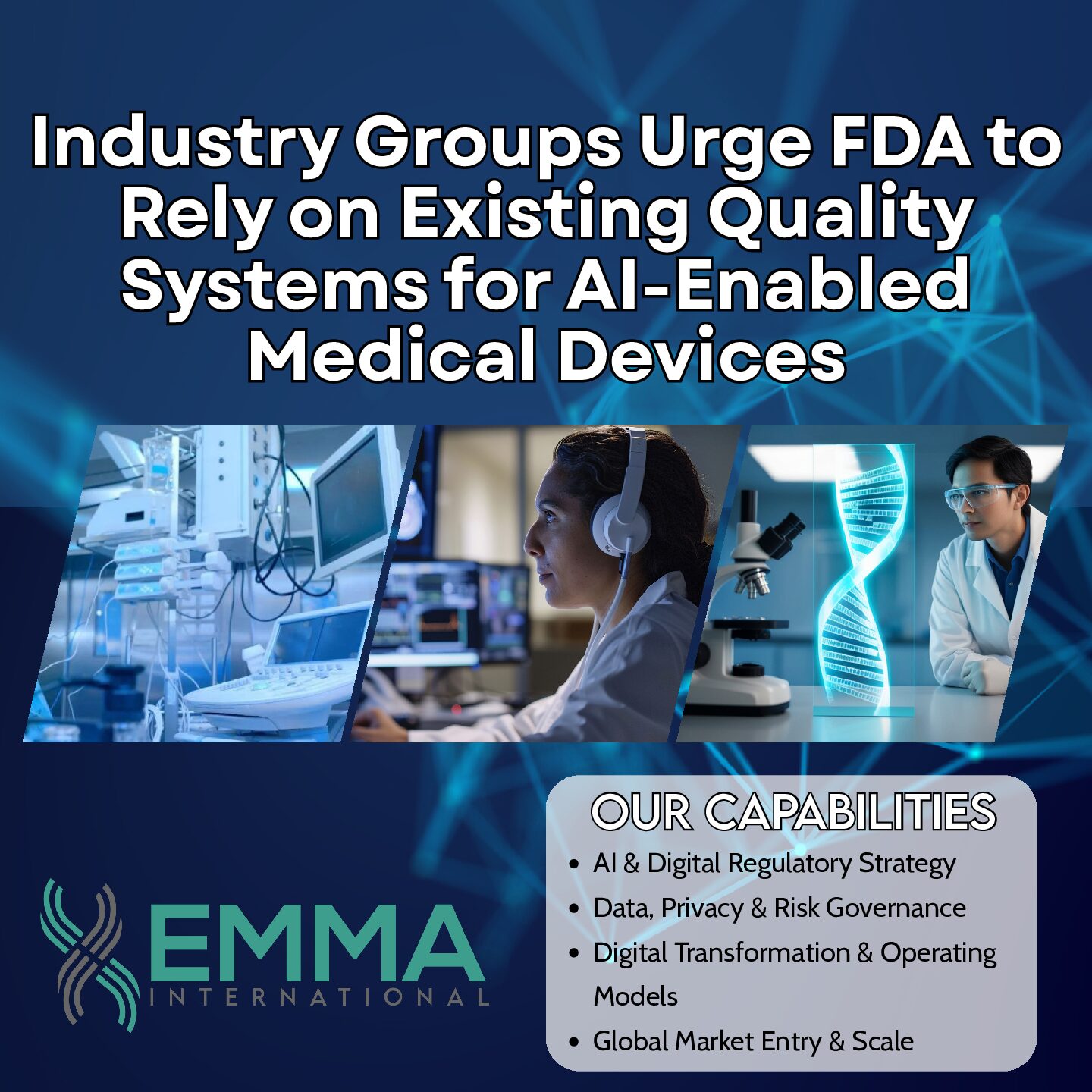A couple of weeks ago I had the pleasure of moderating one of the Food and Drug Law Institute’s (FDLI) Law over Lunch Sessions. I spent my lunch hour with industry folks and lawyers discussing the forthcoming Quality System Regulation and ISO 13485 Harmonization. While discussing some of the logistics and technical details of the eventual harmonization, which you can read about in this blog, one topic emerged as the front-runner of what was on everyone’s mind: how is the FDA actually going to conduct enforcement for this? Can we expect to see a major change in FDA enforcement?
The existing QSIT model that FDA inspectors have used to assess compliance to 21 CFR 820 for years will need a revamp. It doesn’t make much sense to modernize regulation without changing how inspectors will ensure that the regulation is being followed. There will be many new components to the Quality Management System Regulation (QMSR), which is replacing the existing QSR, such as the introduction of the concept of “customer.” As it stands, the FDA has never included “customer”-centric requirements in its inspection technique because it has never been a part of the law. How the QSIT model, or whatever new name it will be called, will incorporate customer-based processes and subsequently how those processes will be inspected is still up in the air.
Another topic of discussion during my session was how can firms anticipate enforcement during the transitional period from the QSR to the QMSR? The FDA is currently proposing that there be a one-year transitional period once the QMSR goes into effect for all firms to be fully compliant. During that one-year period, however, inspections and enforcements won’t pause. Complaints will still need to be processed, MDR’s will still need to be reported, CAPA’s will still need to be moved along in the life cycle, etc. Some firms will have quite a challenge ahead of them of balancing their existing QMS, while also figuring out how to transition to the expectations of the QMSR.
If you will be attending the 2022 RAPS Convergence, myself and EMMA’s CEO, Carmine Jabri, will be providing in-depth commentary on this topic during the conference. Stop by our booth, call 248-987-4497, or email info@emmainternational.com to learn more about how we can help!




